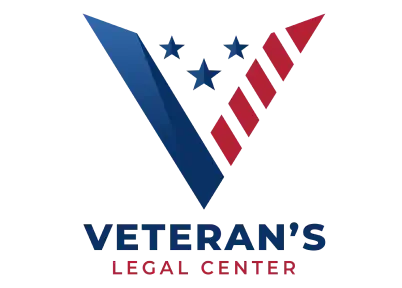
Applying for VA disability benefits involves complex application forms and a claims review process. As a result, veterans can easily make mistakes while pursuing a VA disability claim that may lead to a denial of their initial application. Common examples of errors that veterans make in their initial VA claim include:
Not Understanding Eligibility Requirements
Veterans may apply for VA disability benefits, assuming they qualify because they served in the military and currently have a disabling medical condition. However, the VA imposes much stricter eligibility requirements for disability benefits. Most importantly, a veteran seeking disability benefits must establish that they have a diagnosed medical condition and prove that their condition has a “service connection” – in other words, the veteran’s military service caused or aggravated the condition, or a primary service-connected condition caused another medical condition or aggravated a preexisting condition. Federal laws eliminate the need for veterans with certain conditions who served in specific parts of the world or armed conflicts to have to prove a service connection by creating a presumption of a service connection. However, other veterans must prove a service connection to qualify for benefits.
Incomplete or Inaccurate Paperwork
The VA denies many disability benefits claims because veterans failed to complete the application forms or provided incorrect, inaccurate, or contradictory information. When the application’s instructions direct a veteran to fill in a field, the VA expects the veteran to put something in the field, even a “none” or “N/A” if the veteran has no relevant information to provide. However, veterans may make more critical oversights, such as not submitting complete medical information or service history. These mistakes can delay a claim by requiring the VA to contact the veteran for additional information and can lead to the denial of the claim if the veteran fails to respond.
Failing to Provide Sufficient Medical Evidence
Many VA disability claims fail because veterans provide insufficient medical evidence to prove they have a medical condition or establish a service connection. Veterans may need to provide medical records and narrative letters from medical providers to document the existence of the veteran’s condition or connect it to events during the veteran’s service. In some cases, veterans may also need buddy letters from commanding officers or fellow servicemembers to corroborate or fill gaps in the veteran’s service history to establish a service connection.
Missing Deadlines and Not Following Up
The VA frequently asks applicants for supplemental information and records when evaluating a veteran’s disability claim. Many veterans also receive notice requiring them to attend a compensation and pension (C&P) exam to provide the VA with current medical information. Missing a C&P exam or not responding to the VA’s request for additional information may lead the department to deny a disability benefits claim.
Not Seeking Assistance

Veterans may file for VA disability benefits without assistance. However, Veterans Service Organizations and accredited VA representatives can provide free assistance to veterans with initial applications. Working with a VSO can help a veteran avoid mistakes that could lead to the denial of their claim. VSOs, VA representatives, and VA disability lawyers can only charge for their services if the veteran needs to appeal a denial of their initial application, with VA regulations limiting the fees for such services.
Contact a VA Disability Lawyer Today
Many veterans make avoidable mistakes that can lead to the VA denying their disability benefits claims. Fortunately, the VA offers an appeals process that allows veterans to correct those errors. Contact Veteran’s Legal Center today for a free, no-obligation consultation with a VA disability benefits attorney for help pursuing an appeal of a claim denied due to mistakes or oversights you may have made on your initial application.

